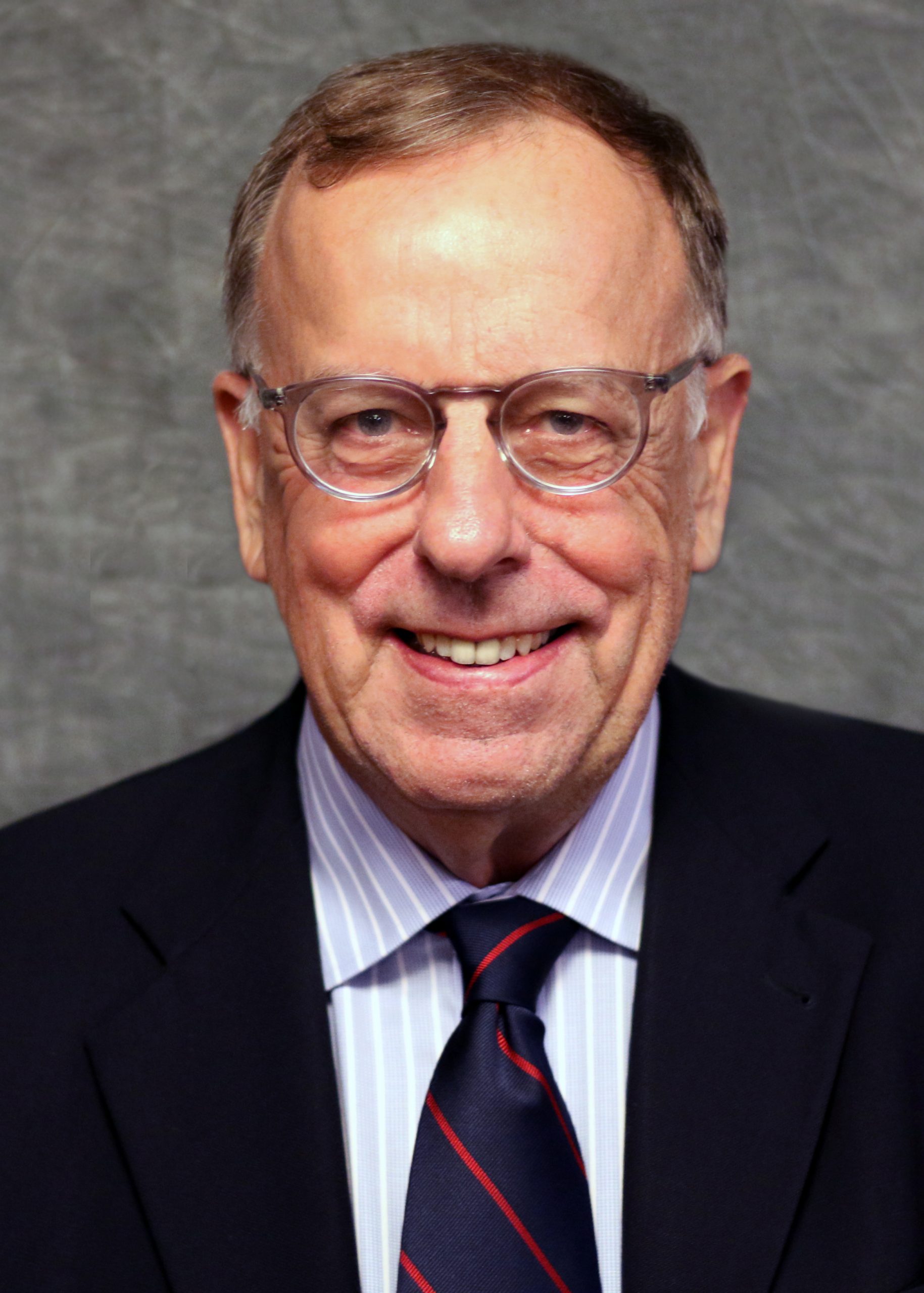Jay Nixon Makes The Wrong Call On Medicaid
Missouri Gov. Jay Nixon calls an up-or-down vote on expansion of the state’s Medicaid program “the biggest decision facing our state right now.” And so it is.
Unfortunately, the governor is selling the idea that Missouri and other states should take all the help they can get from Uncle Sam. Nixon treats the offer of billions of dollars from the U.S. Treasury as “free money” — even though it is one more instance of expanding an entitlement today out of debt imposed upon our children and grandchildren tomorrow.
In his Jan. 28 State of the State address, Nixon spoke to the fear that Missouri would lose $5.7 billion in federal grants over the next three years if it does not step forward to claim the prize.
But that is hardly the worst thing that could happen — given widespread dissatisfaction with the rapid growth in spending that has already occurred in this program. We do not have to expand Medicaid. This would not put existing benefits at risk.
The far greater danger is that Missouri (and other states) will fail to stop their spendthrift uncle in Washington, D.C., from bankrupting the nation — and slamming the door on job and wealth creation for years to come.
It is time to reform Medicaid — not to expand it.
Even more than that, this is a time for the states to come to the aid of their country — in saying “no” to an overreaching federal government that is seemingly determined to spend not just to the absolute limit of its taxing power, but also to the absolute limit of its borrowing power.
Over the past four years, the federal debt has increased from $10.6 trillion to more than $16 trillion. Federal indebtedness now amounts to more than $50,000 for every man, woman, and child.
Anyone who does not think Medicaid is part of the problem should look at the numbers.
For more than a decade, Medicaid has been the fastest-growing part of state budgets across the nation. In Missouri, Medicaid expenditures increased from $3.4 billion in fiscal year 2000 to $8.2 billion in fiscal year 2012. Despite the increased outlays, which now amount to more than a third of the state’s total expenditures, it is increasingly difficult for patients to find doctors. And doctors say they have little incentive to stay in the program because of reduced reimbursement rates and administrative headaches.
Medicaid showcases the many problems that grow out of greater and greater reliance on government-mandated and government-controlled health care — in limiting competition and freedom of choice and undermining the bond between patient and doctor.
In his address to the legislature, Nixon glossed over such problems, suggesting that the Medicaid expansion (as a critical part of the Affordable Care Act) is a done deal — passed by Congress, signed by the president, and upheld by the Supreme Court.
“The question before us is a narrow one,” Nixon claimed. “Will we bring the tax dollars that Missourians send to Washington back home to strengthen our Medicaid system here in Missouri? Or will we let the tax dollars Missourians send to Washington be spent in other states instead?”
There are two substantial problems with this line of reasoning.
First, the Supreme Court did not endorse the law in its entirety. As originally written, the law would have required each of the states to support the planned expansion of Medicaid . . . or face the loss of all federal matching funds. The Supreme Court struck down that part of the law — calling it “a gun to the head.” The Court ruled that the states must be free to opt out of the Medicaid expansion program if they wish.
Second, the real issue is not tax dollars that are (in Nixon’s word) being sent to Washington from Missouri and other states. It is the use of borrowed money (much of it coming from China, Saudi Arabia, and other such countries) that will pass the bill for today’s higher (and heedlessly wasteful) levels of government spending to our children and grandchildren.
Even without holding a “gun to the head” of each of the states, the federal government continues to dangle a large carrot in front of their noses — offering to pay more than 90 percent of new Medicaid costs through 2022. That compares with the usual split between the federal government and the states of about 60-to-40 in Medicaid funding.
It will take real courage for lawmakers in Missouri and other states to turn aside the poisoned chalice. But that is exactly what they must do.
Andrew B. Wilson is a resident fellow and senior writer at the Show-Me Institute, which promotes free-market solutions for Missouri public policy issues.


